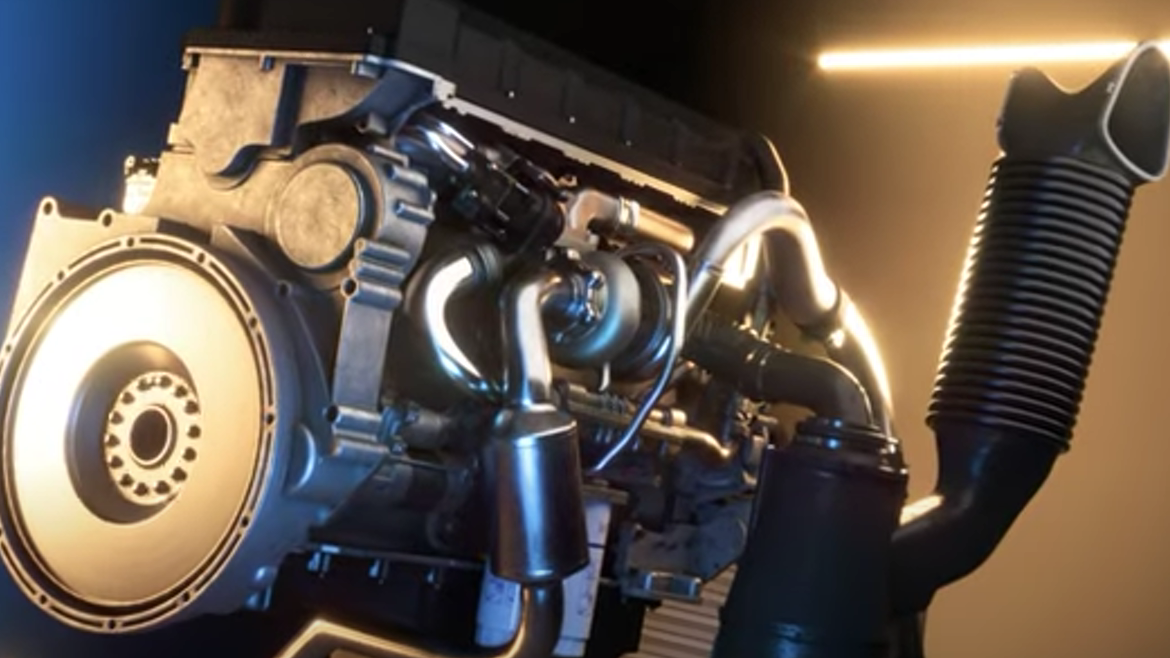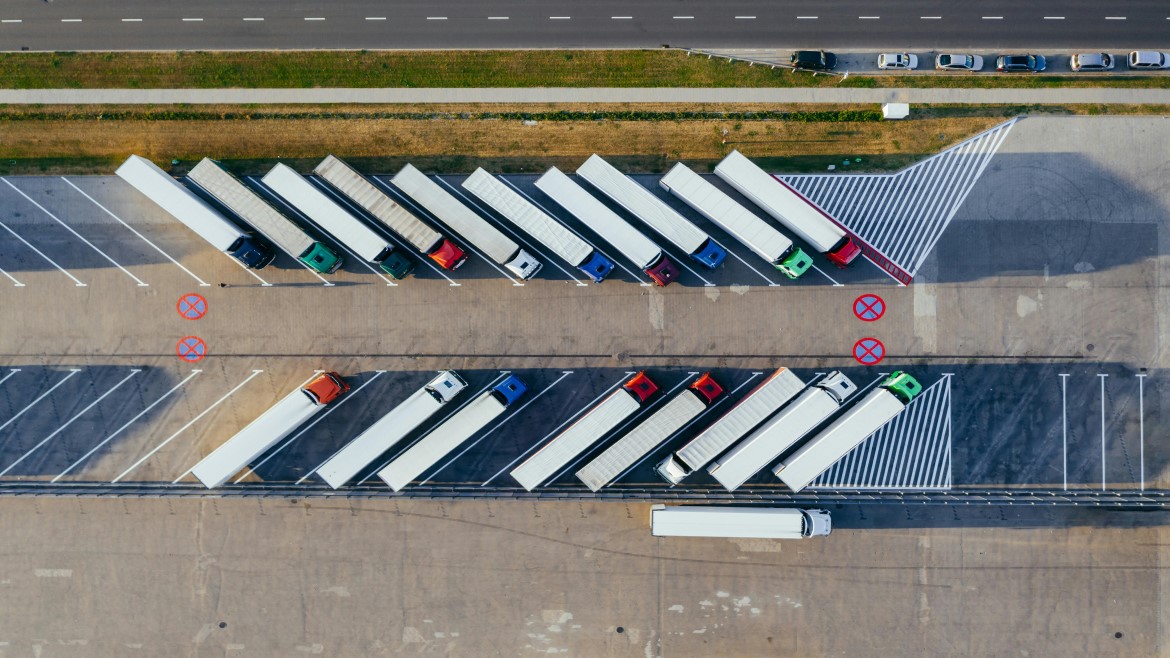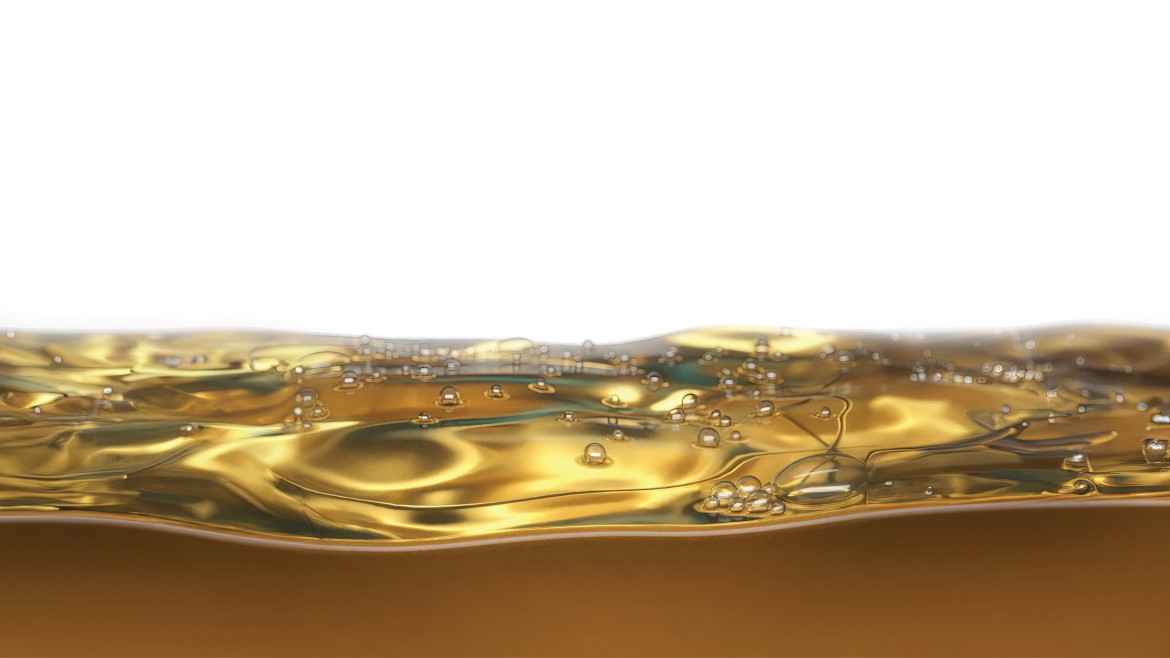South Korea’s lubricant market is reacting to more stringent diesel vehicle emission limits that are being phased in this year and next with higher quality engine oils.
In accordance with Clean Air Conservation Act enforcement rules, the Ministry of Environment is transitioning from a Euro 5 standard to Euro 6. The tighter regulation went into effect in January 2014 for new vehicles weighing more than 3.5 metric tons, such as vans and buses. New vehicles with a reference weight of less than 1.3 tons, including passenger cars and small or medium-sized trucks, will be subject to Euro 6 beginning in September. Vehicles weighing between 1.3 tons and 3.5 tons must comply by September of 2015.
To meet Euro 6, vehicle manufacturers need to install more advanced after-treatment technologies, such as diesel particulate filters, catalyzed particulate filters, diesel oxidation catalysts and selective catalytic reduction. Engine oil marketers then must adapt their formulations to contain less sulfated ash, phosphorus and sulfur – collectively referred to as SAPS – in order to accommodate those technologies.
“The move to Euro 6 will cause a continued shift to higher quality engine oils and base oils,” said Lee Dongyun, owner of several mechanic shops and an industry veteran.
“The prices of engine oils may go higher, but that will be offset by fuel efficiency gains and prolonged life of engines and after-treatment systems.” Euro 6 standards apply to newly manufactured vehicles. Dealerships have a one-year grace period before the new rules apply to vehicles that they sell. Euro emissions standards are developed in the European Union, where Euro 6 goes into effect this year. It marks a significant step up from Euro 5. For example, Euro 6 reduces the cap on nitrous oxide emissions from vehicles weighing less than 1.3 tons from 0.18 grams per kilogram to 0.08 g/km. South Korea employs Euro standards for emissions from vehicles powered by diesel but follows U.S. guidelines for gasoline-powered vehicles.









